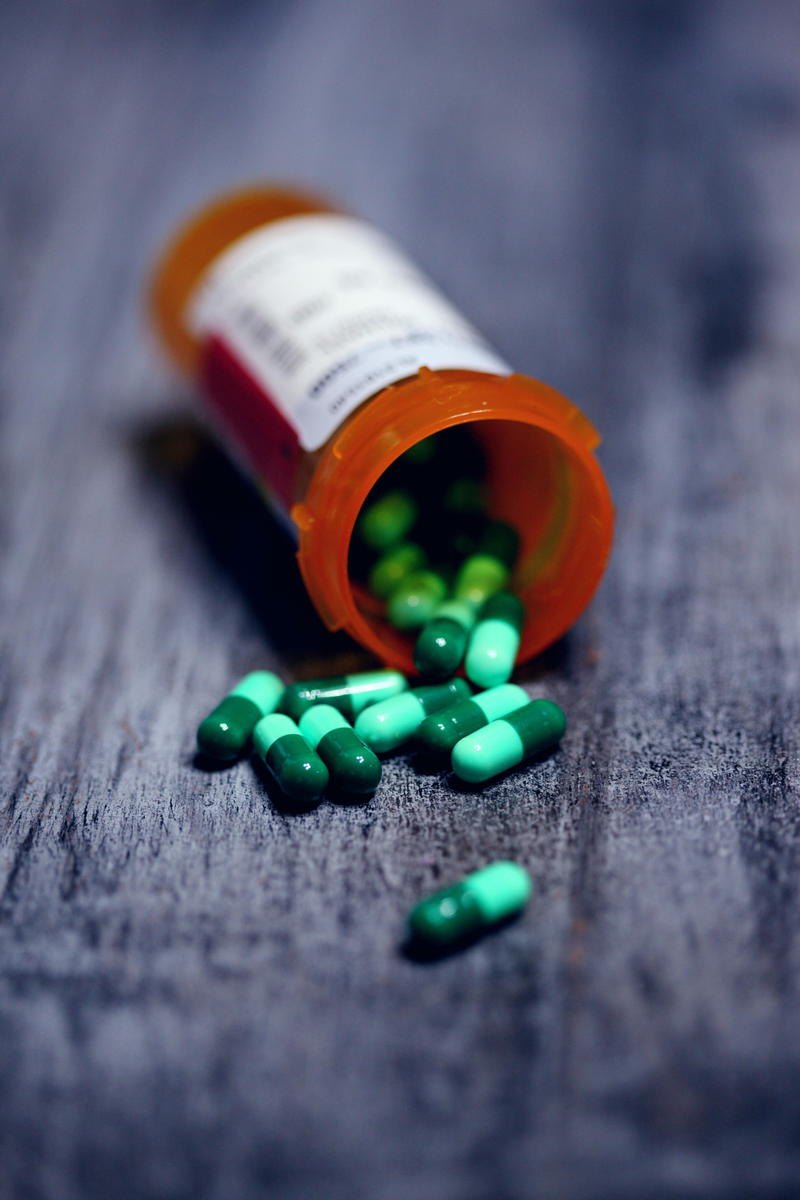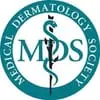
Psoriasis is a disease that many of us have encountered in our daily lives. Chances are you know someone who has it, or you may even have it yourself. Psoriasis is a disease that causes flaking of the skin with inflammation and thick white, silvery, or red patches of the skin. The scaly patches can be anywhere on the body, but tends to effect the elbow, knees, face, hands and feet, nails, and skin folds (e.g. armpits).
So what causes psoriasis?
Psoriasis is an autoimmune skin condition that speeds up the life cycle of skin cells and causes them to build up on the surface of the skin. The patches and scales that are seen on the affected areas are from this process. There are common things that can trigger a psoriasis flare that are important to know about if you or a loved one has psoriasis.
Triggers of Psoriasis:
1. Strep infections:
Strep throat infections have been linked to causing flares of psoriasis in some people. When you get a strep throat, your immune system responds by sending many immune cells to the tonsils to fight the infection. It is believed that some of these immune cells go to the skin and can trigger a psoriasis flare up. According to a study that looked at the relationship between psoriasis and strep throat, 42% of plaque psoriasis patients reported that their psoriasis got worse when they had a sore throat. Interestingly, 48% of patients who had their tonsils out after getting psoriasis reported that their psoriasis got better.

2. Beta blockers:
Beta blockers are a very common drug class that is used for controlling arrythmias, high blood pressure, and many other conditions. This class of drugs has been reported to induce and exacerbate psoriasis in many people. The latency period between taking a beta blockers like propranolol, atenolol, and metoprolol, and a drug eruption can range from several days to 48 weeks. It was also found that eruptions were usually resistant to psoriasis medications until the Beta-blocker was discontinued.
3. Anti malarial medications:
Medications that are used to treat malaria have been shown to exacerbate psoriasis in many patients. Antimalarials are commonly used to treat psoriatic arthritis, which is an arthritis that can be caused coexist with psoriasis, but can commonly precipitate eruptions and flares of psoriasis. Because of this, some authorities say that antimalarials are contraindicated in patients with psoriasis.
4. Stress:
Stress is commonplace in many of our lives, and it can have negative effects on many parts our life. Unfortunately, this is also the case for psoriasis and flareups. Stress is a very common trigger for psoriasis and it is important to reduce stress to lower your chances of having a psoriasis flare due to stress. Exercise and meditation have been shown to help patients reduce their stress and thus reduce the amount of psoriasis flares that can occur due to stress that compounds throughout a long period of time.
Check out the National Psoriasis Foundation website: https://www.psoriasis.org for more information about psoriasis.





